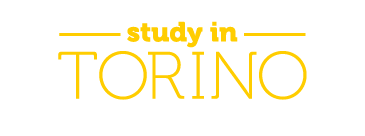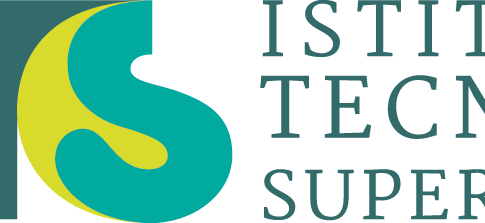The University of Turin and the University of Milan manage together the Phd of Sociology and Methodology of Social Research, which is a theoretical-analytical and technical-methodological preparation that aims to train researchers who will be able to analyse the processes of contemporary social and cultural change.
Cardano explains: “The idea of creating an inter-university PhD comes from the limits on the number of scolarships required to create a doctorate inside a department. There are two possible ways: we can create inter-disciplinary Phds that put together sociologists and philosophers, historians, political scientists. Or we can reach the critical size to start a course putting together more universities, opting in this case for a more specific field “.
The course will be only in English, to allow access to the doctorate also to foreign students so that they can fit the learning content in an international context. Moreover only students with a master’s degree and a good knowledge of English can enrol in the courses.

